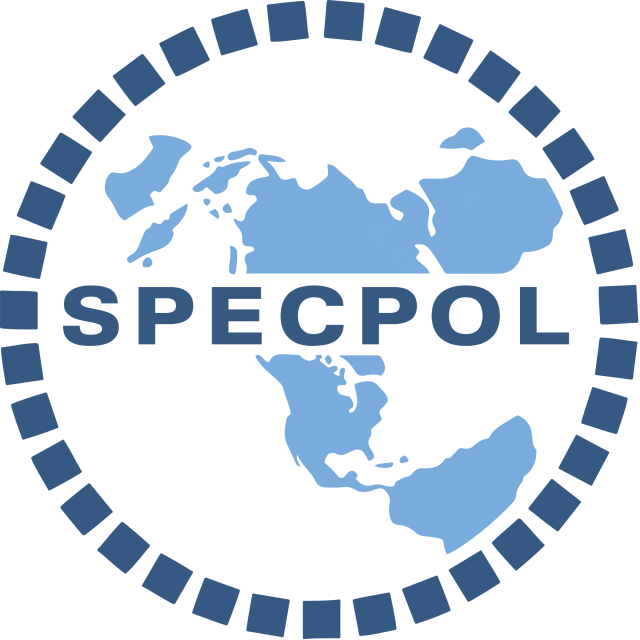Committee Overview
The Special Political and Decolonization Committee (SPECPOL) is the Fourth Committee of the United Nations General Assembly. It was formed in 1990 when the Decolonization Committee and the Special Political Committee were combined. The UN established the “International Decade for the Eradication of Colonialism” from 1990 to 2000, marking an important time for the UN’s decolonization work. When the UN was founded, 750 million people lived under colonial rule. Since 1945, over 80 former colonies have gained independence, thanks in part to the work of the Fourth Committee. Today, fewer than two million people live in 17 Non-Self-Governing territories, and SPECPOL holds hearings with petitioners, including civil society organizations and private individuals, from these areas. SPECPOL also covers issues related to the Middle East, Palestinian refugees, and Israeli practices, as well as topics like the effects of atomic radiation, peacekeeping operations, space exploration, and international cooperation for peaceful uses of outer space.
Topic A: The Status of New Caledonia
New Caledonia is a French territory located about 750 miles east of Australia in the Asia-Pacific region. As an Overseas France territory, it has a special status in France’s constitution. Its citizens hold both New Caledonian and French citizenship. In 1998, the Nouméa Accord was signed and adopted by 72 percent of voters. This accord outlined a plan for New Caledonia to move toward independence from France while ensuring the native Kanak community would be represented in elections. Since 1998, three referendums have been held to decide whether New Caledonia should remain part of France. The most recent vote in 2021 is controversial, as many Kanak people boycotted the referendum. The boycott happened because many felt the vote was rushed by French officials. Kanak leaders also asked for the referendum to be postponed due to the COVID-19 pandemic, but the French government rejected their request. Tensions increased in 2024 when Kanak protests turned violent after the French government proposed a constitutional change that would have allowed more non-native French voters in New Caledonia. Delegates will need to examine the situation in New Caledonia and figure out what steps to take to resolve the political uncertainty in the territory. If the political status of New Caledonia is not settled, there could be more unrest in the future.
Topic B: Sovereignty of Disappearing Island Nations
Climate change is a serious issue for many islands around the world. Rising sea levels threaten to flood homes and even wipe entire countries off the map. The Intergovernmental Panel on Climate Change (IPCC) predicts that sea levels could rise by 0.95 feet (0.29 meters) to 3.61 feet (1.1 meters) by the end of this century. Many small islands are only a few meters above current sea levels and are at risk of being completely submerged. Some of the most vulnerable places include Antigua and Nevis, Kiribati, the Federated States of Micronesia, the Maldives, the Marshall Islands, Tonga, and Tuvalu. The Maldives, for example, has its highest point at only 2.4 meters above sea level, and rising seas could submerge all 1,200 islands. Similarly, NASA reports that Tuvalu could be below the level of high tide by 2050. The government of Tuvalu is creating a digital version of the country, including its houses and trees, in order to preserve its culture and protect the legal rights of its 11,000 citizens. International law has some issues when it comes to the sovereignty of island nations. To be recognized as a sovereign country, the islands need both a clearly defined territory and a permanent population. Climate change is making it harder for island nations to meet these requirements, as many will soon become uninhabitable. Delegates in this committee will need to come up with new legal, environmental, and diplomatic solutions to protect the sovereignty, culture, and rights of island nations and their citizens.

